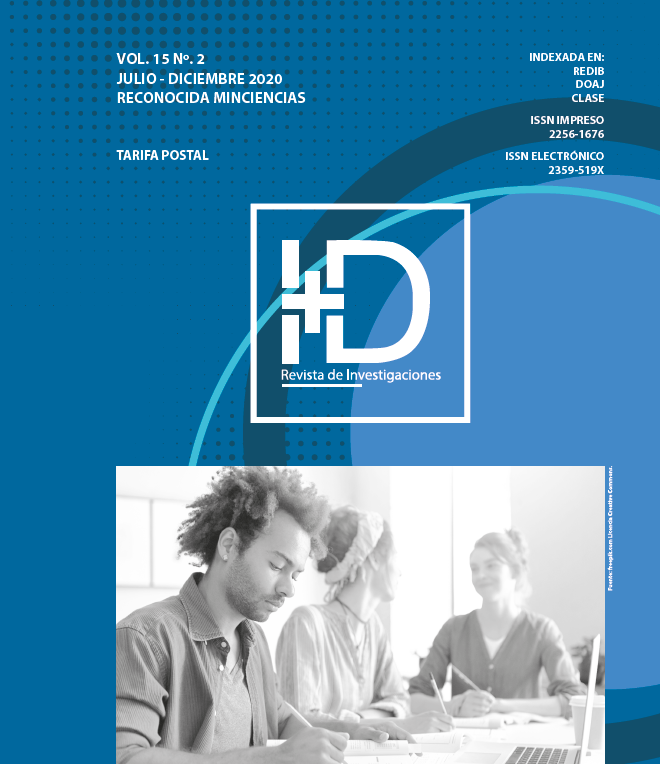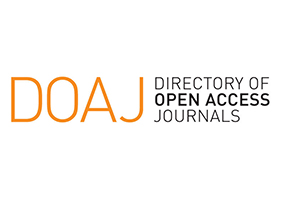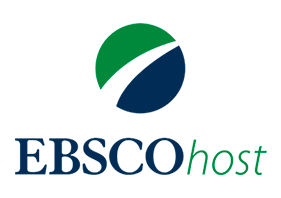Being a speaking subject in the mother language classroom
DOI:
https://doi.org/10.33304/revinv.v15n2-2020003Keywords:
Linguistic actualization, education, surrounding fields, being a subject speaker, sociolinguisticAbstract
The objective of this article is to present general guidelines for the integration of the competence of being a speaking subject in the Mother Language classroom. Given the decontextualized linguistic use of the students of Villas de San Juan school, in Girón, Santander, a qualitative investigation has been carried out since 2016, under a sociocritical paradigm, in order for students to reach proficiency in being a speaking subject, that is, that they adapt their communicative interventions depending on the context. To do this, we turn to theoretical conceptions systematized by Eugenio Coseriu in 1967, referring to the environments in which speech practices are installed and, in addition, to studies carried out around sociolinguistics and education. Based on this theoretical-methodological description, some strategies are proposed that, within a didactic sequence, would enhance this linguistic-social competence in the high school students of this educational institution.Downloads
References
Álvarez, J. (1987). Didáctica de la lengua materna. Un enfoque desde la lingüística. Madrid: Akal.
Areiza, R., Cisneros, M., & Tabares, L. (2012). Sociolingüística: enfoques pragmático y variacionista (Segunda ed). Bogotá: ECOE ediciones.
Castro, J. (1973). Antología de la poesía nariñense. Bogotá: Editorial publicitaria.
Coseriu, E. (1967). Teoría del lenguaje y lingüística general. Madrid: Editorial Gredos.
Coseriu, E. (1992). Competencias lingüísticas: Elementos de la teoría del hablar. Madrid: Editorial Gredos.
García, G. (1975). El otoño del patriarca. Bogotá: Círculo de lectores.
Giraldo, L. A. (2016). Forma y sentido de la ciencia del lenguaje. Fundamentos teóricos y prácticos del discurso lingüístico, pedagógico y juvenil (Primera ed). Universidad Tecnológica de Pereira.
Greimas, A., Campodónico, H., Courtés, J., & Ballón, E. (1990). Semiótica: diccionario razonado de la teoría del lenguaje. España: Madrid: Gredos.
Hernández, C. (2001). ¿Qué norma enseñar? Actas Del II Congreso Internacional de La Lengua Española. Retrieved from http://congresosdelalengua.es/valladolid/ponencias/unidad_diversidad_del_espanol/1_la_norma_hispanica/hernandez_c.htm
Hymes, D. H., & Bernal, J. G. (1996). Acerca de la competencia comunicativa. Forma y Función, (9), 13–37.
Lázaro Carreter, F. (1998). Diccionario de términos filológicos. Madrid: Editorial Gredos.
McKernan, J. (1999). Investigación-acción y currículum: métodos y recursos para profesionales reflexivos. Ediciones Morata.
Ministerio de Educación Nacional. (2006). Estándares Básicos de Competencias en Lenguaje, Matemáticas, Ciencias y Ciudadanas (Ministerio de Educación Nacional, ed.). Retrieved from https://www.mineducacion.gov.co/1621/articles-116042_archivo_pdf.pdf
Monsalve, J. A. (2017). Sociolingüística en sexto grado: hacia una formación del ser-sujeto-hablante. Lingüística y Literatura, 38(72), 100–113. https://doi.org/10.17533/udea.lyl.n72a05
Monsalve, J. A. (2018). Fundamentos para la comprensión del ser sujeto hablante, desde el enfoque de la Lingüística del hablar. In Encuentro con la lingüística, la semiótica y la enseñanza de lenguas (pp. 275–302). Universidad Industrial de Santander.
Montes, J. J. (1982). El español de Colombia: Propuesta de clasificación dialectal. Thesaurus: Boletín Del Instituto Caro y Cuervo, 37(1), 23–92.
Postic, M., & Ketele, J. M. (2000). Observar las situaciones educativas (3a edición). Madrid: Narcea Ediciones.
Rulfo, J. (1981). Pedro Páramo. Barcelona: Editorial Bruguera.
Stubbs, M. (1984). Lenguaje y escuela. Editorial Cincel.
Torres, A. (1997). Enfoques cualitativos y participativos en investigación social. Bogotá: UNAD.












